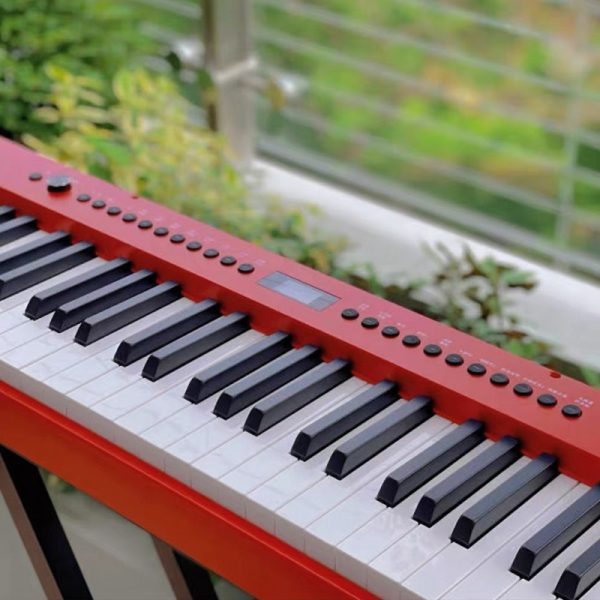Introduction: In recent years, digital pianos have gained significant popularity as an alternative to traditional acoustic pianos. With advancements in technology, these electronic instruments have become increasingly sophisticated, raising the question: Are digital pianos worth it? This article will delve into the pros and cons of owning a digital piano to help you make an informed decision.
- Affordability: One of the primary advantages of a digital piano is its affordability compared to acoustic pianos. Traditional pianos can be quite expensive, making them inaccessible to many aspiring musicians. Digital pianos, on the other hand, come in a wide range of prices, offering various features to suit different budgets. For beginners or casual players, a digital piano provides a cost-effective option to start learning and practicing without breaking the bank.
- Portability: Digital pianos are designed to be lightweight and portable, making them convenient for musicians who frequently travel or perform on stage. Unlike acoustic pianos, which are large and heavy, digital pianos can be easily transported and set up anywhere. This portability allows musicians to take their instrument to gigs, music lessons, or even on vacations, ensuring they can continue playing and practicing wherever they go.
- Versatility and Functionality: Digital pianos offer a wide range of features and functionalities that enhance the playing experience. They often come with built-in sounds that emulate various instruments, allowing musicians to experiment with different tones and styles. Additionally, digital pianos can offer connectivity options such as MIDI and USB, enabling users to connect to computers, smartphones, or other devices for recording or accessing educational resources. Some models also include learning tools, metronomes, and other features to aid in practice and skill development.
- Maintenance and Durability: Unlike acoustic pianos that require regular tuning and maintenance, digital pianos are virtually maintenance-free. They do not have strings or hammers that can deteriorate over time, eliminating the need for costly repairs. Additionally, digital pianos are not as susceptible to temperature or humidity changes, ensuring consistent performance regardless of environmental conditions. Their durability makes them suitable for households with varying climates or for musicians who frequently move residences.
- Authenticity and Feel: While digital pianos have made significant advancements in replicating the sound and feel of acoustic pianos, they may not provide the same level of authenticity. Some purists argue that the touch and responsiveness of an acoustic piano cannot be fully replicated by digital instruments. However, high-end digital pianos often come close to capturing the nuances of acoustic pianos, providing an enjoyable and realistic playing experience for most musicians.
Conclusion: Ultimately, whether a digital piano is worth it depends on your personal preferences, budget, and musical goals. If affordability, portability, versatility, and low maintenance are essential factors for you, then a digital piano can be a worthwhile investment. While it may not offer the exact feel and authenticity of an acoustic piano, the convenience and features of a digital instrument make it a practical choice for many musicians. Consider your specific needs and try out different models to find the digital piano that best suits your requirements and musical aspirations.





